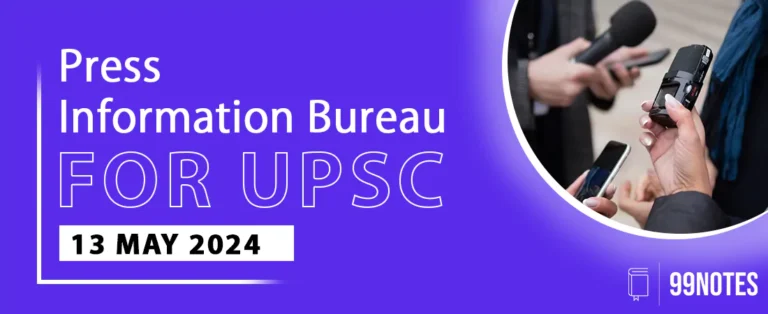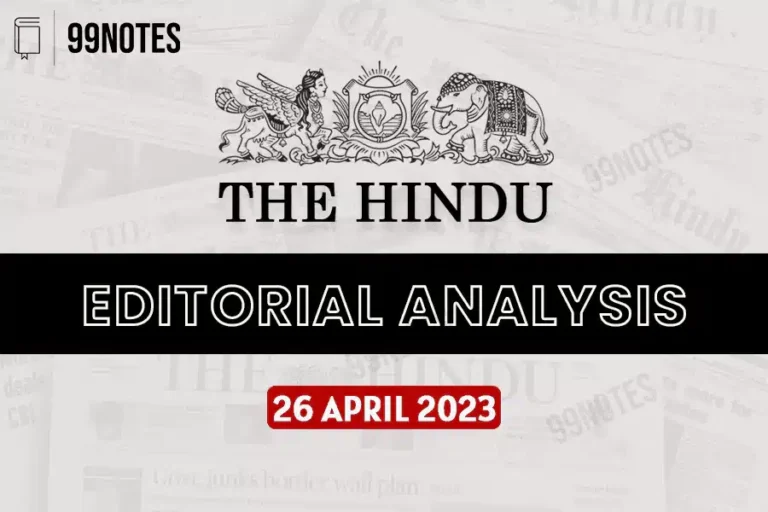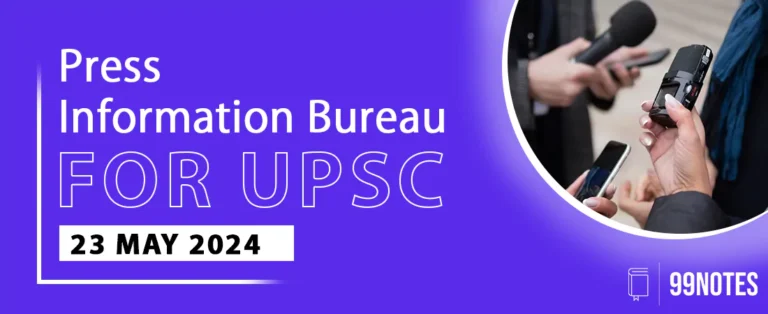27 September 2024 : Indian Express Editorial Analysis
1. A LEGAL VOID
(Source: Indian Express; Section: The Editorial Page; Page: 14)
| Topic: GS2– International Relations, GS3 – Indian Economy |
| Context: |
| The article highlights India’s lack of a dedicated legal framework to address national security risks posed by foreign direct investment (FDI) and international trade, especially concerning Chinese investments. |
The Debate on Chinese Foreign Direct Investment (FDI) in India: Economic Benefits vs. Security Risks
- The debate surrounding Chinese foreign direct investment (FDI) in India is deeply polarized.
- On one hand, proponents argue that FDI brings significant economic benefits, including job creation, technological transfer, and infrastructure development. On the other hand, critics warn of potential national security risks, particularly with investments originating from China, given the geopolitical tensions between the two countries.
- A critical question beyond the typical discussion of benefits and risks is whether India has a comprehensive legislative framework to address FDI and international trade based on national security concerns.
- The answer, despite intense debate, is that India lacks such a comprehensive legal framework.
The Introduction of Press Note 3 (PN3) and FEMA’s Role
- In response to the pandemic in April 2020, India introduced a new FDI regulation, Press Note 3 (PN3), which is enforced through the Foreign Exchange Management Act (FEMA).
- This regulation aims to prevent opportunistic takeovers and acquisitions of Indian companies, especially those weakened by the pandemic, by requiring prior government approval for investments from countries sharing land borders with India, particularly targeting Chinese FDI.
- However, while PN3 is presented as a national security measure, it conspicuously omits the term “national security.”
- Unlike other countries like Canada and Australia, which also limited Chinese FDI during the pandemic, India’s approach stands out for its reliance on FEMA, a law that primarily governs foreign exchange management, rather than a specific legal provision tailored to national security concerns.
- FEMA lacks any explicit authority to screen FDI on national security grounds, highlighting a legal gap.
Legal Gaps and International Comparisons
- The legal vacuum in India’s FDI framework is even more apparent when compared to other liberal democracies, which have established clear provisions to address national security risks.
- For instance, Canada’s Investment Act allows the government to screen FDI and take action against foreign investments if they are deemed “injurious to national security.”
- In contrast, India uses FEMA, a law designed for managing foreign exchange, as a stopgap to address potential security risks, underscoring the absence of a dedicated legal instrument for national security concerns in foreign investment.
International Treaty Practices: An Inconsistent Approach
- India’s international treaties and agreements further illustrate the disjointed domestic legal framework.
- India’s Model Bilateral Investment Treaty (BIT) of 2015, for example, has clear provisions to address foreign exchange control (Article 6) and measures for national security protection (Article 33), even if such measures violate other treaty provisions.
- This approach mirrors international trade agreements like the General Agreement on Tariffs and Trade (GATT), which also have distinct sections to address foreign exchange difficulties and national security issues.
- These international agreements highlight that while India recognizes the need for a legal distinction between economic concerns and security risks in treaties, it lacks corresponding domestic legislation.
Broader Implications: Security Risks in FDI and Trade
- This legal gap is not limited to foreign investment but extends to international trade as well.
- After the Pulwama terror attack in February 2019, India increased customs duties on Pakistani imports to 200% for national security reasons, invoking Section 8A (1) of the Customs Tariff Act.
- However, this section is designed for addressing economic emergencies, not security threats. Like FEMA, the Customs Tariff Act was repurposed to serve as a national security instrument, further highlighting the absence of a specialized legal framework for such scenarios.
- This reliance on laws meant for other purposes exposes India to potential challenges in international courts and tribunals.
Conclusion: The Need for a Dedicated Law on National Security and FDI
- The ongoing debate about the national security risks posed by Chinese FDI should serve as a catalyst for a broader conversation about the need for a dedicated legal framework in India.
- Following global best practices, India needs a specific law that addresses national security risks in both FDI and international trade.
- Without such a law, the country remains vulnerable to legal challenges and lacks a robust mechanism to safeguard its national interests.
| What are the Risks of Increasing Chinese FDI in India? |
|
| PYQ: Though 100 percent FDI is already allowed in non-news media like a trade publication and general entertainment channel, the Government is mulling over the proposal for increased FDI in news media for quite some time. What difference would an increase in FDI make? Critically evaluate the pros and cons. (200 words/12.5m) (UPSC CSE (M) GS-2 2014) |
| Practice Question: Discuss the adequacy of India’s legislative framework in managing foreign direct investment (FDI) with respect to national security concerns. How does it compare with global best practices? Highlight the need for a dedicated law addressing security risks posed by FDI and international trade. (250 words/15 m) |



